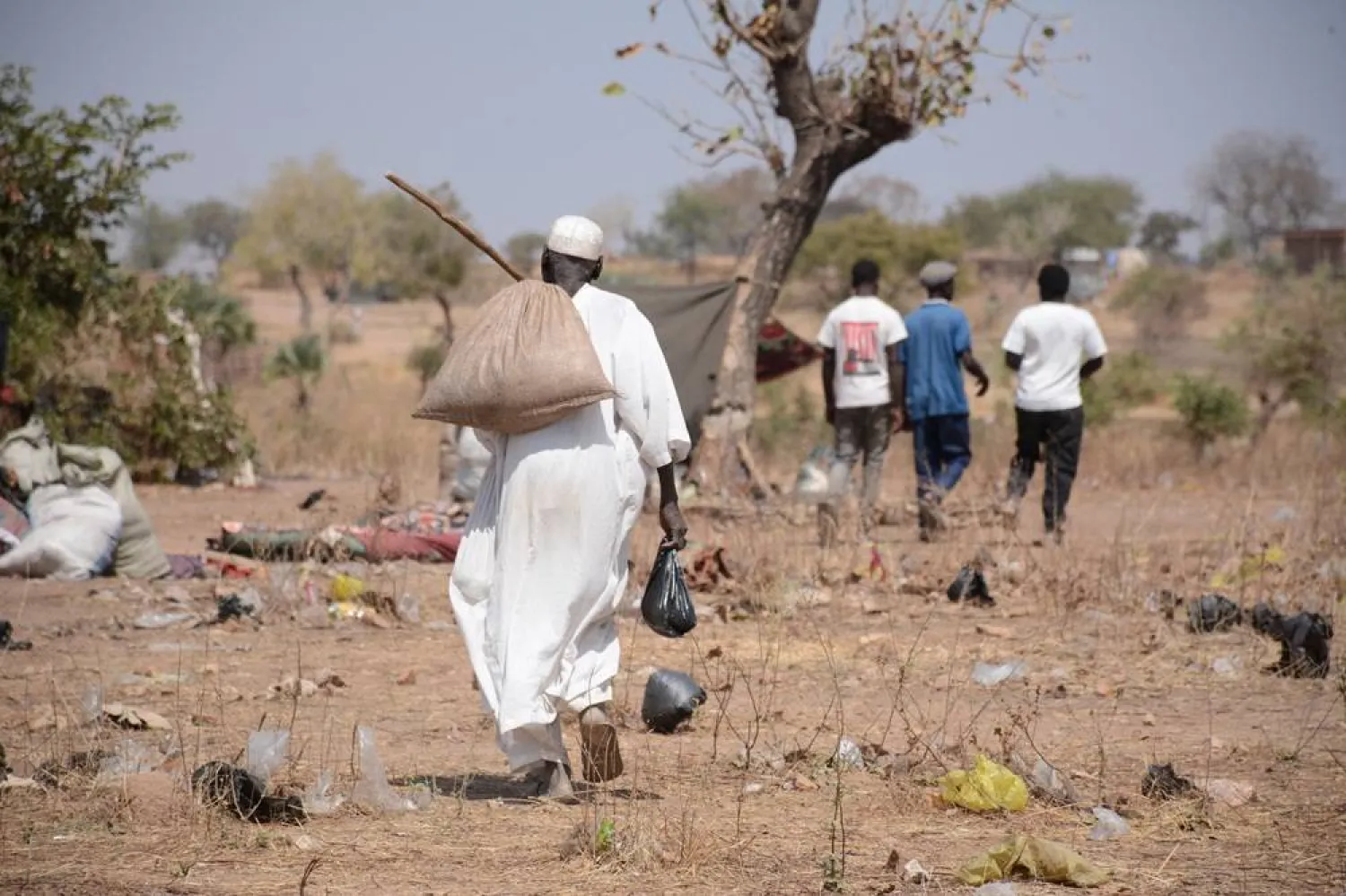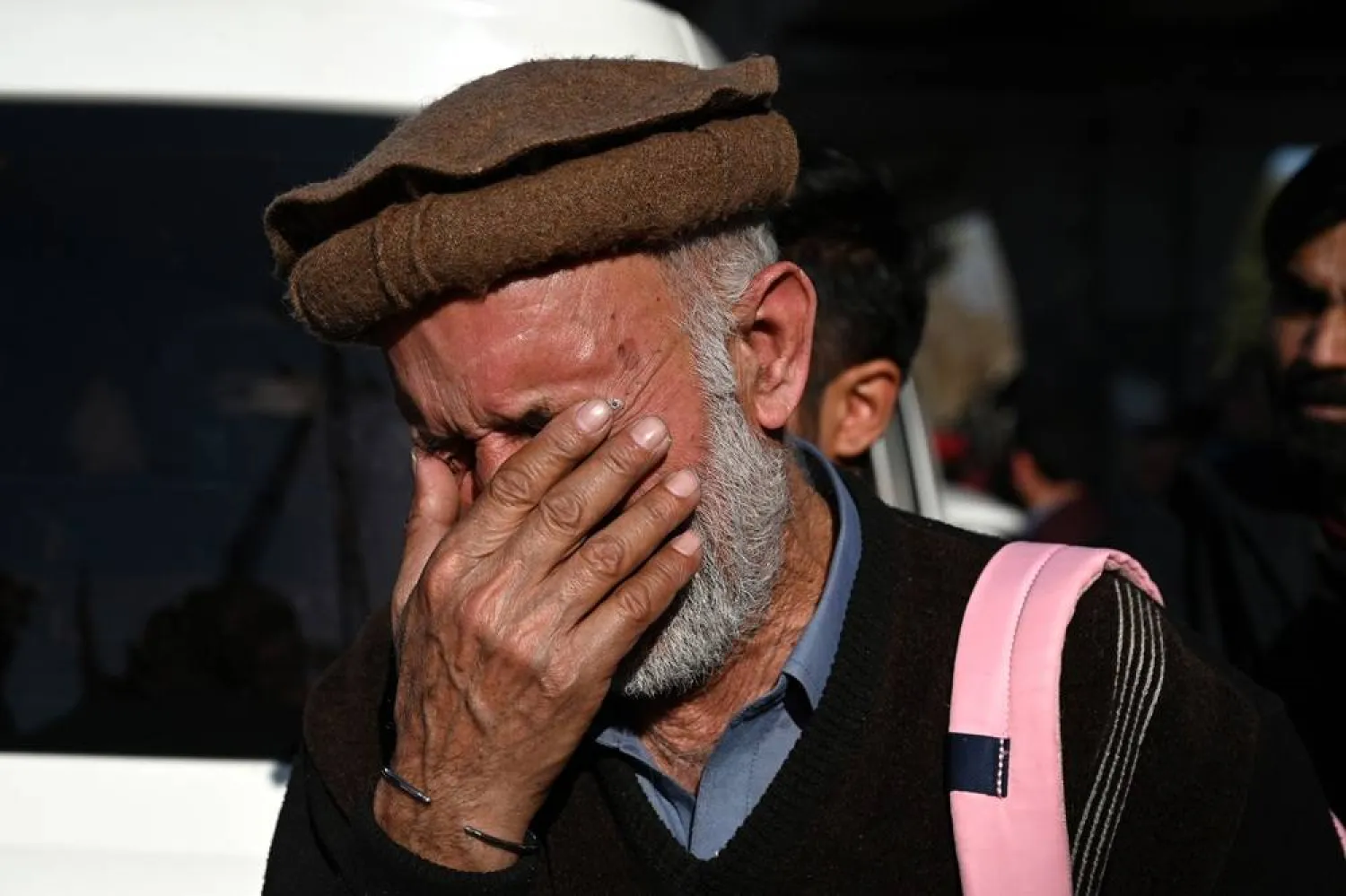After decades of being left out of the public sector, Saudi women today are witnessing historic changes that are transforming them into partners in the massive modernization project that is shaping the Kingdom’s future.
Saudi Arabia’s Vision 2030 has in just five years introduced changes that have empowered women, underscoring a commitment to bolster their participation in various private and public sectors.
These changes were consolidated in institutions, which were a product of the vision, as well as law amendments and government initiatives that were aimed at supporting Saudi women in various fields.
Ever since Saudi women were allowed to drive in 2017, reforms since then have come a long way in ensuring the rights of women and easing restrictions that had been imposed on them. Efforts have been exerted to ensure equal opportunities between genders, allowing women to contribute in different sectors, thereby transforming them into an integral part of the modernization process underway in the Kingdom’s politics, culture and economy.
Among the significant changes is allowing women to run in various councils and municipalities and the election of Dr. Hanan al-Ahmadi as the first female deputy head of the Shura Council
Saudi Arabia has also appointed two female ambassadors: Princess Reema bint Bandar Al Saud, who has been serving as the Kingdom’s envoy to the United States since July 2019, and Amal Al Moallimi, who has been serving as the Kingdom’s envoy to Norway since October.
Among the radical changes was allowing women to join the security forces, military and national guard. The changes extended to the Justice Ministry, whereby in 2018, they were allowed to become notaries for the first time.
These changes have increased women’s participation in the workforce by 31.4 percent. The World Bank recognized and hailed these changes in a recent report. It described Saudi Arabia as the top reformer globally in 2019. Saudi Arabia implemented historic reforms to advance women’s economic participation. The measures introduced freedom of travel and movement for women over the age of 21.
The decrees removed restrictions on women’s ability to leave the house and equalized women’s right to choose a place of residency. They prohibited discrimination based on gender in employment, the dismissal of pregnant women and discrimination based on gender in accessing to credit. The decrees introduced pension equality by equalizing the retirement ages for men and women and mandating pension care credits for maternity leave.
These bold reforms fundamentally changed women’s legal rights in Saudi Arabia. 5.5 million Saudi women over 21 years of age are already benefiting from the reforms and will continue to reap the benefits for generations to come, said the World Bank.









